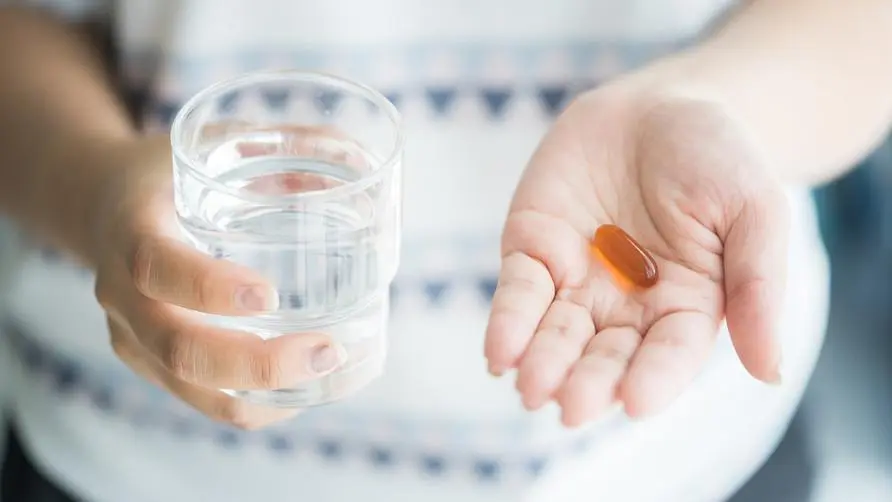Drinking coffee and tea together can reduce the risk of stroke by 30% and delay dementia? Research reveals key ingredients

Is drinking coffee better for heart health? Associated with lower risk of cardiovascular death?
Is coffee more than just refreshing? Research from Harvard Medical School has suggested that moderate intake of coffee has a positive effect on lowering blood pressure and can reduce the incidence of diabetes . In addition, scientific research has shown that caffeine intake is significantly related to the reduction of depression and suicide rates.
According to research presented by the European Society of Cardiology (ESC) in 2021, higher daily coffee intake is associated with a reduced risk of stroke and cardiovascular disease death. Drinking 0.5-3 cups of coffee per day has the opportunity to significantly reduce the risk of stroke.
Research shows that compared with subjects who do not drink coffee at all, those who drink 0.5-3 cups of coffee per day have a 12% reduction in total mortality, a 17% reduction in the risk of cardiovascular disease, and a 21% reduction in the risk of stroke. Study author Professor Judit Simon from Semmelweis University in Hungary said that although the team has not yet understood the underlying mechanism, from observational results, regular daily coffee consumption does have certain benefits for cardiovascular health.
Recommended reading: High blood pressure affects the heart, brain, and kidneys: Master the 6 tips for lowering blood pressure “SABCDE”
Drinking coffee and tea together will “work wonders”? Reduce the risk of stroke and dementia by 32% and 28%
Although the benefits of coffee have been confirmed by many studies, if consumed together with relatively healthy tea, will it have additive cardiovascular benefits? Harvard Health Publishing, an affiliate of Harvard Medical School, reported that consuming both tea and coffee in your daily diet is associated with a lower risk of dementia and stroke in later life.
This study was published in the journal PLOS Medicine and was initiated by a team from Tianjin Medical University in China. The study evaluated samples from the British Biobank and observed the physical conditions of 365,682 subjects aged 50-74 after drinking tea and coffee every day.
After 11 years of follow-up analysis, the research team claimed that drinking tea or coffee alone, or both, was significantly associated with a reduced risk of stroke symptoms and dementia. Drinking 2-3 cups of coffee and 3-5 cups of tea per day is the combination with the lowest risk ratio for stroke and dementia; it reduces the risk of stroke by 32% and of dementia by 28%.
The study concluded that drinking two beverages at the same time has a more obvious anti-aging correlation than drinking one beverage. It is speculated that it may be related to the “polyphenols” substances in coffee, which can help combat chronic inflammatory symptoms in the body. Other previous studies have suggested that chronic inflammation may lead to dementia and cardiovascular disease, and that the “antioxidant” properties of coffee and tea may be responsible for reducing chronic inflammation.
Recommended reading: What to eat to improve immunity? Nutritionist: A “garlic dish” supplements 3 major nutrients
Excessive coffee intake may still harm the body. Taiwan Ministry of Health and Welfare calls on the “five major groups” to avoid
However, you should be careful when consuming too much caffeine. Walter C. Willett, a professor at Harvard Medical School, believes that excessive coffee may pose a potential risk of glaucoma. Coffee withdrawal symptoms are more likely to affect blood pressure and blood pressure stability, leading to anxiety and sleep problems.
The Taiwan Ministry of Health and Welfare also pointed out that the daily caffeine intake should be less than 300 mg. If you drink coffee and tea at the same time, it may be more likely to cause excessive caffeine. People with irregular heartbeats, gastrointestinal symptoms, long-term insomnia, pregnant women, and children should avoid drinking caffeinated drinks; and if you have mild symptoms of bone fractures, remember to add more calcium when drinking coffee to avoid serious calcium loss.
Recommended reading: What medicines should not be taken with coffee? The pharmacist named two types of people who should drink less
source:
Drinking both coffee and tea linked to lower risks for stroke and dementia
Light-to-moderate coffee drinking associated with health benefits
Be aware of the caffeine content when purchasing to protect your health and mine
Further reading:





